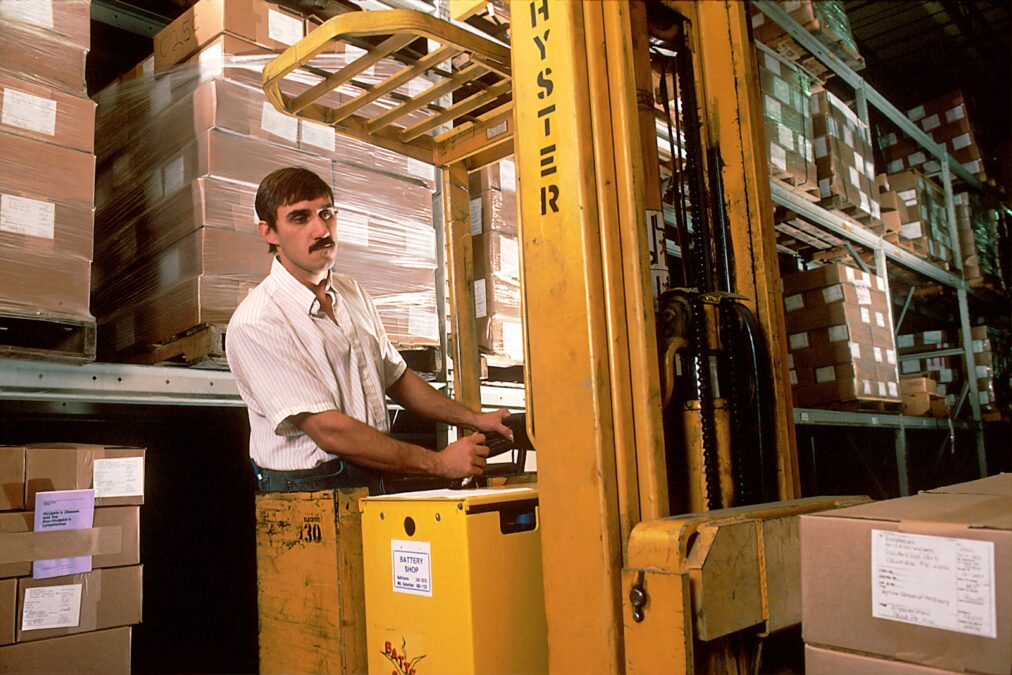Integrating Carbon Capture and Storage for Environmental Sustainability
Understanding Carbon Capture and Storage (CCS)
Carbon Capture and Storage (CCS) technology is emerging as a critical component in the global effort to mitigate climate change. The captured carbon dioxide (CO2) can be transported via pipelines, ships, or trucks to storage sites, where it is injected into deep geological formations for long-term storage. In the UAE and Saudi Arabia, where sustainability and environmental responsibility are paramount, CCS presents a viable solution to reduce greenhouse gas emissions from industrial sources. By capturing CO2 at the point of emission and securely storing it underground, these nations can significantly cut their carbon footprints while continuing to support industrial growth and economic development. The adoption of CCS technology also aligns with the global carbon reduction targets set by international climate agreements, positioning the UAE and Saudi Arabia as leaders in the fight against climate change.
The Role of CCS in the UAE and Saudi Arabia
The UAE and Saudi Arabia are making substantial investments in CCS technology as part of their broader sustainability strategies. In the UAE, the Al Reyadah project is a pioneering initiative that captures CO2 from steel production and injects it into oil reservoirs for enhanced oil recovery. This not only reduces emissions but also boosts oil output, demonstrating a synergistic approach to industrial and environmental goals. Similarly, Saudi Arabia’s Vision 2030 includes significant commitments to CCS, with projects like the Jubail Industrial City initiative focusing on capturing and storing CO2 from petrochemical plants. By integrating CCS into their energy and industrial sectors, these countries are not only addressing climate change but also enhancing their energy security and economic resilience. The successful deployment of CCS technology in the UAE and Saudi Arabia can serve as a model for other nations seeking to balance industrial growth with environmental stewardship.
Leadership and Management in CCS Projects
Effective leadership and strategic project management are essential for the successful implementation of CCS projects. Business executives and mid-level managers in the UAE and Saudi Arabia must navigate the complexities of CCS deployment, from securing funding and regulatory approvals to managing technical operations and stakeholder engagement. Strong leadership ensures that CCS projects align with national sustainability goals and international best practices, while efficient project management practices guarantee timely delivery and operational excellence. Training programs and professional development initiatives can equip managers with the skills needed to oversee CCS projects, fostering a culture of innovation and collaboration. By investing in leadership and management capabilities, the UAE and Saudi Arabia can maximize the benefits of CCS technology and drive their transition to a low-carbon economy.
The Economic and Environmental Benefits of CCS
Economic Opportunities from CCS Technology
Carbon Capture and Storage technology offers significant economic opportunities for businesses and investors in the UAE and Saudi Arabia. The development of CCS infrastructure can create jobs in construction, operation, and maintenance, contributing to economic growth and diversification. Companies involved in the CCS supply chain, such as equipment manufacturers and service providers, can benefit from new revenue streams and market opportunities. Additionally, by reducing their carbon footprints, businesses can enhance their corporate social responsibility (CSR) profiles, attract environmentally conscious customers, and comply with emerging carbon regulations. The financial incentives and policy frameworks supporting CCS deployment in the UAE and Saudi Arabia further enhance its economic viability, making it an attractive investment for forward-thinking companies.
Environmental Impact and Sustainability
The environmental benefits of CCS technology are substantial, making it a cornerstone of sustainable development strategies in the UAE and Saudi Arabia. By capturing and storing CO2, CCS reduces the amount of greenhouse gases released into the atmosphere, helping to mitigate global warming and climate change. This technology also supports the circular economy by turning waste CO2 into a valuable resource for enhanced oil recovery and other industrial applications. In the UAE and Saudi Arabia, where environmental conservation is a priority, CCS can play a crucial role in achieving national sustainability targets and international climate commitments. The successful implementation of CCS projects in these regions can also inspire other countries to adopt similar technologies, amplifying the global impact of carbon capture and storage.
Future Prospects for CCS in the UAE and Saudi Arabia
The future prospects for Carbon Capture and Storage in the UAE and Saudi Arabia are promising, with continued investments and technological advancements driving its growth. As these countries pursue their ambitious sustainability agendas, CCS will play an increasingly important role in their energy and industrial sectors. By integrating CCS with other advanced technologies, such as Artificial Intelligence and Blockchain, the UAE and Saudi Arabia can further enhance the efficiency and effectiveness of carbon capture and storage operations. AI can optimize the monitoring and management of CCS sites, while Blockchain can ensure transparency and traceability in CO2 transactions. These innovations not only increase the viability of CCS but also position the UAE and Saudi Arabia as leaders in the global transition to a low-carbon economy.
Conclusion: The Path Forward for CCS in the UAE and Saudi Arabia
In conclusion, Carbon Capture and Storage technology offers a sustainable solution for reducing greenhouse gas emissions and supporting environmental sustainability in the UAE and Saudi Arabia. By investing in CCS, these countries can enhance their energy security, drive economic growth, and achieve their sustainability goals. Effective leadership and strategic project management are essential for the successful deployment of CCS projects, ensuring that they align with national and international climate objectives. As the UAE and Saudi Arabia continue to advance their CCS initiatives, they will not only reduce their carbon footprints but also set an example for other nations seeking to address climate change. The integration of digital technologies and continuous innovation will further enhance the prospects for CCS, paving the way for a sustainable and resilient future.
#CarbonCaptureAndStorage #CCSTechnology #EnvironmentalSustainability #UAE #SaudiArabia #ModernEnergyTechnology #BusinessLeadership #ProjectManagement

